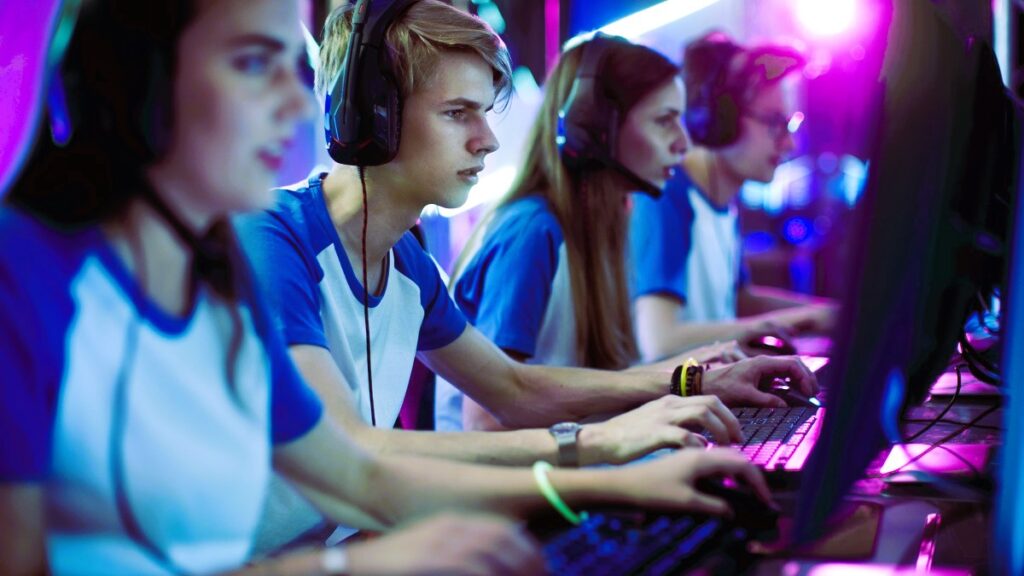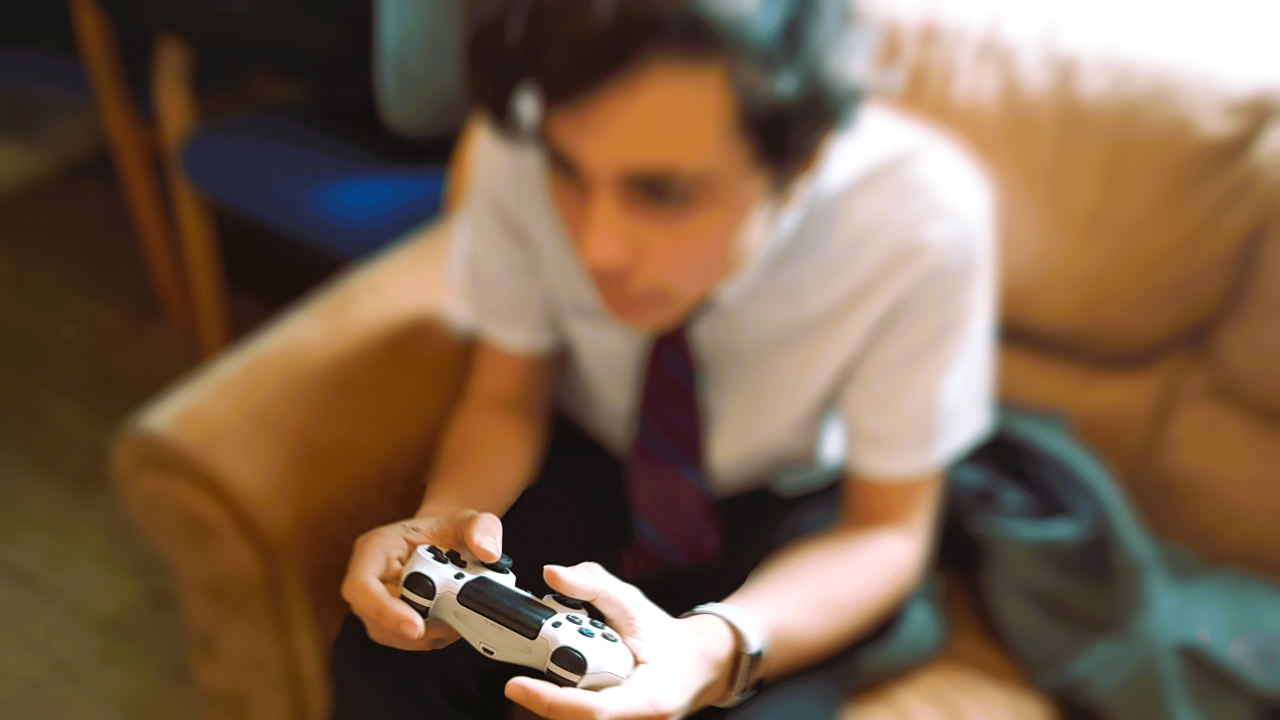In today’s digital age, gaming has become a popular pastime for millions around the globe. Whether it’s the thrill of competition, the joy of storytelling, or the excitement of exploring new worlds, gaming offers an engaging escape from everyday life. However, for many, balancing this passion with daily responsibilities can be a challenge. Achieving a harmonious relationship between gaming and productivity is crucial for maintaining a fulfilling lifestyle. Here’s a comprehensive guide on how to strike that balance.
Understanding the Importance of Balance
Before diving into strategies for balancing gaming and productivity, it’s essential to understand why this balance is crucial. Gaming can offer various benefits, including stress relief, social interaction, and cognitive enhancement. However, without proper management, it can lead to negative consequences such as procrastination, decreased productivity, and even burnout.
Finding a balance allows you to enjoy the benefits of gaming while ensuring that your personal and professional responsibilities are met. This balance can lead to a more satisfying and enriched life overall.
1. Set Clear Goals and Priorities
The first step in balancing gaming and productivity is to establish clear goals and priorities. Identify your responsibilities, such as work, studies, and personal commitments, and rank them based on urgency and importance. By having a clear understanding of what needs to be accomplished, you can allocate time effectively.
Example:
Create a daily or weekly planner that outlines your tasks. Once you’ve prioritized your responsibilities, designate specific times for gaming as a reward for completing these tasks. This way, you can enjoy your gaming sessions guilt-free.
2. Establish a Schedule
Creating a structured schedule can help you manage your time more effectively. Set specific hours for work or study, and allocate time for gaming afterward. Stick to your schedule as much as possible, allowing for flexibility when necessary.
Example:
Consider implementing the Pomodoro Technique, where you work for 25 minutes, followed by a 5-minute break. After completing a few cycles, reward yourself with a gaming session. This technique not only enhances productivity but also ensures you have dedicated time for gaming.
3. Limit Gaming Time
While gaming is enjoyable, it’s important to set limits. Determine how much time you want to dedicate to gaming each day or week. Setting boundaries can help prevent excessive gaming, which can disrupt productivity. See our article on Exploring Augmented Reality Games at this link.
Example:
Use built-in features on gaming consoles or applications that track your gaming time. By being aware of how much time you spend gaming, you can make informed decisions about when to take a break.
4. Find Productive Gaming Alternatives
Consider integrating gaming with productivity by exploring games that encourage critical thinking or teamwork. Many educational games promote skill development, making them a productive way to enjoy gaming.
Example:
Games like Civilization VI challenge players to strategize and manage resources, promoting problem-solving skills. Similarly, puzzle games like Portal 2 can enhance logical reasoning while providing entertainment.
5. Engage with Productive Gaming Communities

Joining gaming communities that focus on productivity can enhance your gaming experience. These communities often share tips on how to balance gaming with other life aspects, offering a supportive network of like-minded individuals.
Example:
Platforms like Reddit host various subreddits where users discuss productivity strategies related to gaming, share their experiences, and encourage each other to maintain balance. Engaging in these discussions can provide fresh perspectives and motivation.
6. Stay Physically Active
Incorporating physical activity into your daily routine can boost your overall productivity and help maintain balance. Exercise releases endorphins, enhancing your mood and energy levels, making it easier to focus on tasks after gaming.
Example:
Set a timer to remind yourself to take breaks for physical activity. Whether it’s a short walk, stretching, or a quick workout, these breaks can refresh your mind and body, improving your productivity during gaming sessions.
7. Practice Mindfulness and Self-Reflection
Being mindful of your gaming habits and reflecting on how they affect your daily life can foster better balance. Take time to assess whether gaming is positively contributing to your life or if it’s becoming a distraction.
Example:
Keep a journal where you can jot down your thoughts about your gaming sessions and productivity levels. Reflecting on this can help you identify patterns and make adjustments as needed.
8. Communicate with Friends and Family
Discussing your gaming habits with friends and family can provide accountability. Share your goals and commitments with them, allowing them to support your journey in balancing gaming and productivity.
Example:
Invite friends to join you in setting shared goals, such as completing a project before diving into a gaming session together. This creates a sense of camaraderie and motivation while ensuring that responsibilities are met.
Conclusion
Balancing gaming and productivity is an achievable goal that requires awareness, planning, and commitment. By setting clear priorities, establishing a schedule, and integrating healthy gaming habits into your routine, you can enjoy the benefits of gaming without compromising your responsibilities. Remember that moderation is key; gaming should enhance your life, not hinder it.
For more information about productivity and gaming, you can visit Wikipedia for insightful articles and resources.
With the right approach, you can create a lifestyle that allows for both the excitement of gaming and the fulfillment of your daily obligations. Embrace the challenge and find your ideal balance today!


